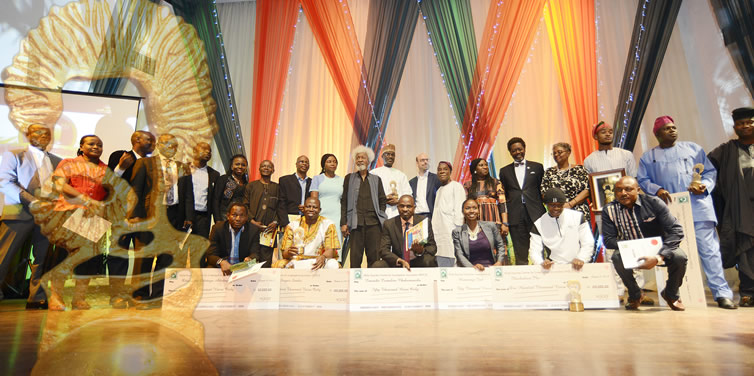⛅ Deadline:
MARCH 17, 2017
All writers, from inexperienced to very established, are encouraged to apply for scholarships and fellowships to attend a writing conference in June.
The 61st annual Wesleyan Writers Conference will take place from June 14 to 18 on the Wesleyan University campus in Middletown, Connecticut. The event will cover a wide range of topics, including journalism, nonfiction, editing and translation, and writing about science and medicine.
There are several scholarships available especially for journalists who wish to attend the conference. Teaching fellowships are also available for writers who have completed book-length manuscripts.
The scholarships cover at least part, if not all, of the tuition for the conference. In order to apply, applicants must submit a registration form, a representative sample of their work in nonfiction, a letter of application expressing their interests and a resume.
International applicants are encouraged to apply, although travel fees will not be covered by the scholarships.
Applicants may choose to also submit a US$100 deposit that will secure their place at the conference, although this is optional if they are only applying for the scholarship. Submissions are accepted both electronically and by regular mail.
The deadline to apply for the scholarships is March 17.
For more information, click here.








